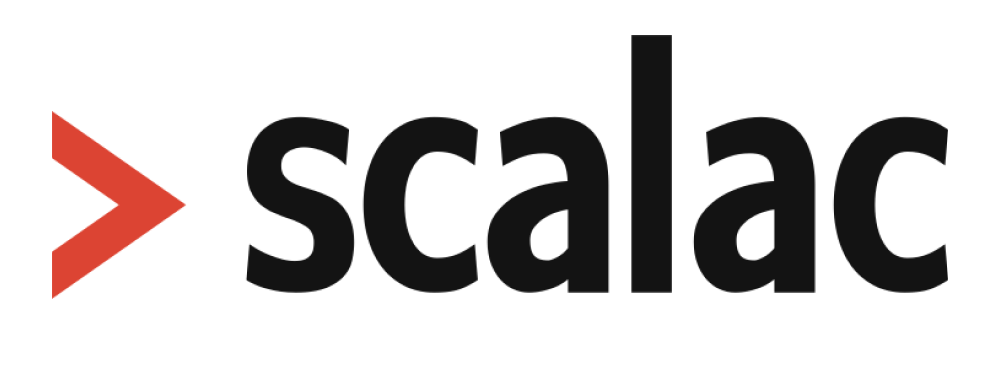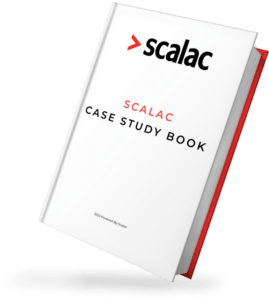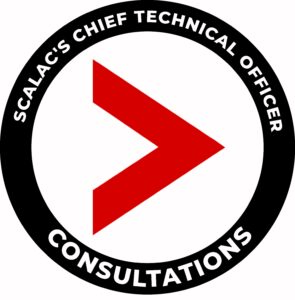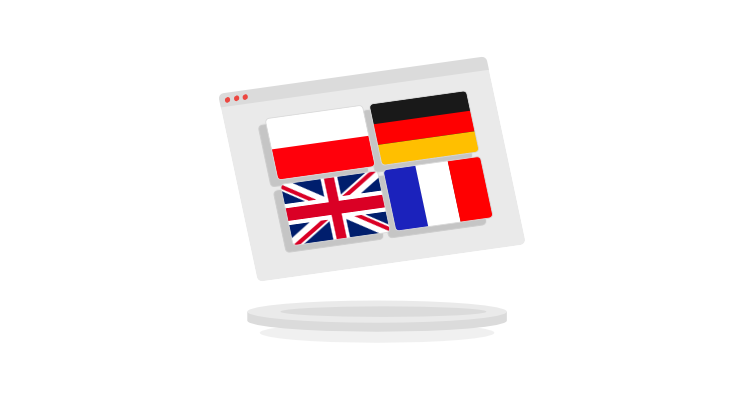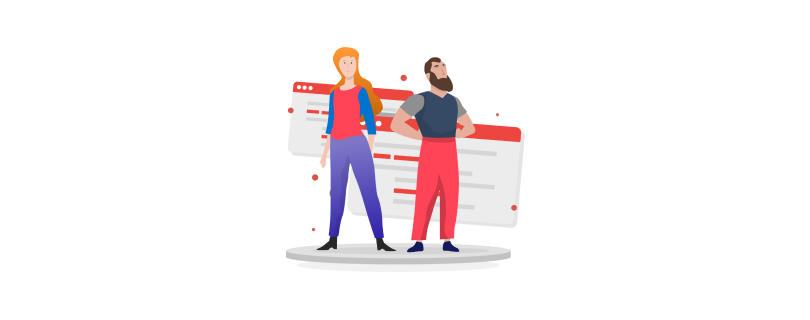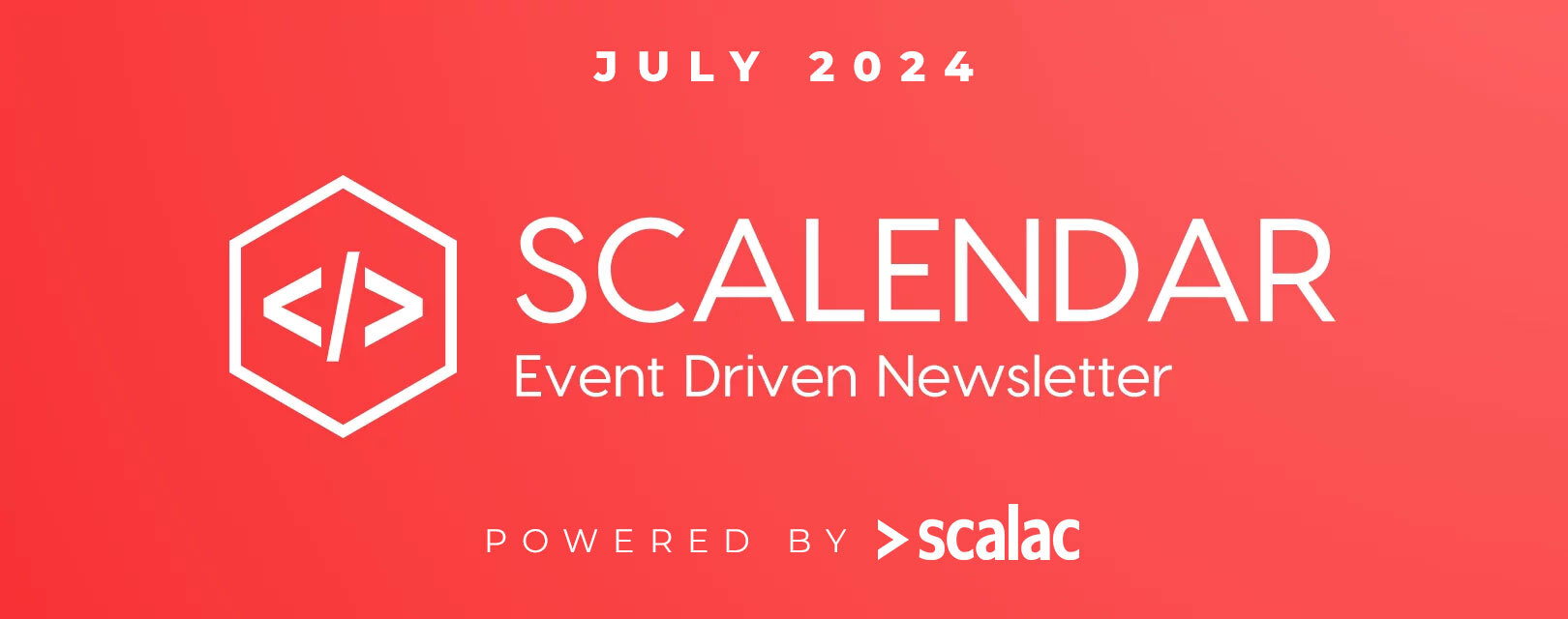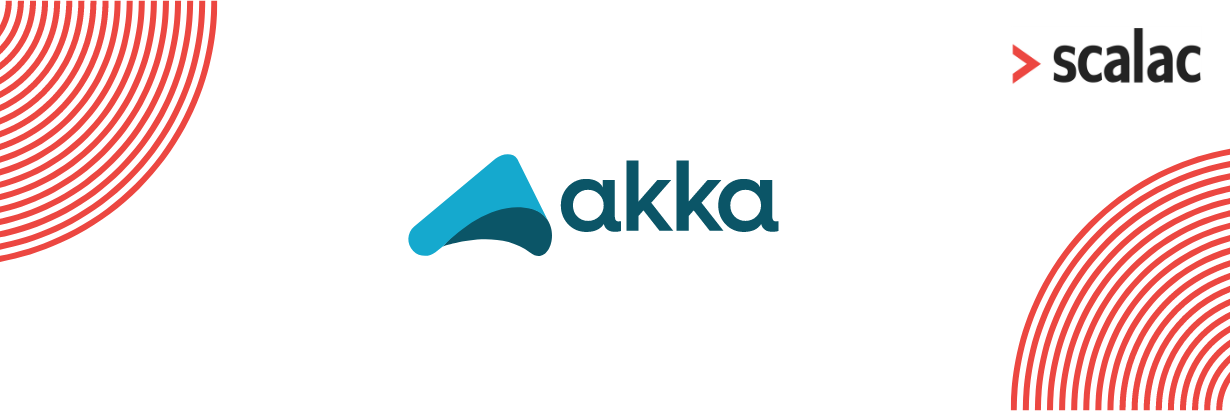
EARTH DAY EVERY DAY. What steps Scalac has already reached on its way to going green

Editor’s note: This post was originally published on 22/04/2020, and has been updated for freshness and accuracy.
The XXI century has brought us a lot of wonderful inventions. New technical solutions allow us to travel, get knowledge about the world and be in touch with our friends and family – even if they live in a different country and different time zone. Building high, impressive buildings, driving fast cars, changing clothes every season, buying a new smartphone every year – it all seems very natural to our generation. Unlike in the past, we can go to the local supermarket whenever we want, just to buy a pack of perfect looking nuts or jelly beans in a portion-sized plastic bag.
All of these examples, and more, are a part of our everyday routines. It’s something we have just got used to and cannot live without. This has become even more obvious, during strange times when the quarantine forced on us by COVID-19 can make us anxious and lost. And the only things that can seem to make us happier are prepackaged foods, new clothes or 1,930,490 useless items from Wish.
We’re a consumer society, there’s no doubt. But what is the real cost of our unquenching thirst for things?
Earth Day
On the day I’m posting this article – the 22nd of April – it’s Earth Day. This special occasion has motivated me to share a little bit about how we can reduce the price that we pay for all the goods I’ve mentioned. Working separately, we can’t do much, but if we make a good example as an individual, we can inspire a whole population.
So let me tell you now why I think it’s so important to take action, and also give you a few examples of how we at Scalac are trying to be more responsible. And if you end up stealing some of these ideas, it’ll make us more than happy!
Below you can see the gadgets from our welcome pack, which every newcomer at Scalac receives. The welcome pack contains:
- pen with the newcomer’s name on it,
- reusable, thermal Scalac bottle,
- customised backpack,
- notebooks made from recycled paper,
- laptop case with the newcomer’s name on it,
- a mug,
- t-shirt,
- hoodie.
Why is sustainability so important? A few numbers
The idea of sustainable growth
There is a concept, that each generation should have the possibility to satisfy their needs, but without limiting access to meeting the needs of future generations. Put briefly, we can take what we need from the world’s natural resources, while still keeping in mind that life on earth won’t stop after we die. There will be future generations after us, our children and grandchildren. They should have the right to use those resources as well. And we at Scalac believe that this “theory” is actually something that should be put into practice.
(Un)sustainable world
Sustainable development is when there is a balance between people, the environment, and industry. Unfortunately, nature is losing now. The state of the Earth is at its worst since anyone can remember.
We have known about the “plastic problem” in the oceans all the way back to 1970. But now, 50 years later, we still don’t know what to do about it. The only thing we can say for sure is that pollution is getting worse.
Fire, earth, air, water, and plastic?
Plastic
In the last 50 years, plastic waste has increased from 2 Mt in 1950 to 380 Mt. The total amount of plastic manufactured from 1950 through 2015 is 7,800 Mt. Half of this, 3,900 Mt, has been produced, during only the past 13 years. It is estimated that during these 50 years the numbers have grown twentyfold, and during the next 15 years, they will increase even twice more. Surprisingly, 49% of this waste comes from disposable packaging – the part of the product you don’t even use (actually – it isn’t even part of it) and the part you probably throw away after 5 minutes.
Containers and packaging make up a major portion of municipal solid waste (MSW), amounting to 82.2 million tons of generation. Now packaging regulation is changing around the world.
Water
Equally important is water. Water is essential to life. However, to take the situation in Poland as an example – scientists estimate that the drought in Poland in 2020 was the strongest in 50 years. This is a really clear example of changes in our climate.
By 2030, the global need for fresh water will exceed its supply by as much as 40%.
Air
What about air? Global temperatures in 2021 were 0.85 degrees Celsius (1.5 degrees Fahrenheit) above the average for NASA’s baseline period. On top of that, 7 mln people die every year because of bad air quality! It has become so bad, that the poor condition of the air is in fourth place on the list of most serious threats to human life.
How we do it at Scalac
Think about materials
Swag, personalized gifts, gadgets. These are part of building a company’s identity – they can really make people feel like they belong to the same team – wearing the same war paint, in a way. But in 2019, we decided to tackle this particular issue in the most responsible way we could. Keep in mind that in the end – a team is all about the people, not things.
Some nice examples; our hoodies are now made from high-quality materials. As a happy side result, they now last a long, long time, with no need to replace them after just a few washes. We’ve also changed our T-shirt suppliers and now we’re sure that our T-shirts are made from eco-friendly cotton.

Useful stuff only
On special occasions, like Christmas, we face the great challenge of choosing the right gifts for our employees and our clients. Of course, the main challenge is to #DoTheRightThing and stay as environmentally responsible as possible.
We now always get our team together and discuss what type of gifts we should consider buying. The point is to choose gifts that are useful and won’t just be thrown away immediately. Obviously, it’s impossible to get it right every single time. Because each of our 130 employees – not to mention clients – is different. But we do our best, and I dare to say we’re getting better and better at it.
Here are a few practical examples of gifts we have purchased in the past:
- metal thermal bottles,
- glass lunch boxes,
- notebooks made from recycled paper,
- metal, reusable straws,
- Christmas cards that can be planted (they were printed with special non-toxic paint on a paper that contained seeds)
I’m also glad to say that we are working on a completely new way of giving gifts to our people. This is based on collecting points on a special platform, which everyone can then use to buy the best gift for themselves, at a specific time most convenient to them. Sometimes, giving people a choice might simply be the best option.

Local suppliers
Supporting local manufacturers is an integral part of supporting the environment. It is also the perfect way to fight our carbon footprint; – one of the main causes of global warming. How? By collecting goods ourselves, without having to ship things all the way from China or other distant countries, and also by skipping unnecessary packaging.
Remember, it’s always a good idea to use a local sewing service, gadget manufacturer, etc. if you have the chance! Not only eco-friendly but also people-friendly – as those kinds of businesses are often smaller, so you’ll also be helping your neighbour.
Some examples of our local companies:
- The Dalba Brewery, which hires people with disabilities, who produce an amazing beer we drink during our Pizza Days (knowledge sharing events) or while just hanging out together after hours,
- For the Scala Wave conference (which Scalac organized in 2018 ), we chose a local sewing service Panato (instead of “eastern” producers) who sewed beautiful bags for our attendees,
- Our T-shirts owe their branding to the local workshop from Gdańsk,
- Also, we sewed our Scalac shopping bags in local manufacturers like Pakuj Worki and Pakuj do Swojego.
Less waste
There are a lot of everyday adjustments that do not cost much – or cost nothing at all – but can have a big impact on the environment as well. Below are some of the practices that help us produce less waste on a daily basis.
- We buy water in glass bottles, recycle it later or give it back to the distributor (we use bottled water mostly for the purposes of business meetings), in the office, we also use filtered tap water,
- During our company retreats, we order catering that brings food in ceramic dishes and uses metal cutlery,
- We use reusable plates and cutlery in the office every day,
- We fill our postal parcels with some natural or waste materials like scrap paper,
- We choose “less waste” and recycle gadgets – eg. we designed a special cable segregator made from our old rollups,
- For events, we make badges from recycled paper (actually we’ll probably resign from them completely and replace them with electronic ones). We have also resigned from canned sodas as well as unnecessary gadgets,
- If we want to organize an event with a dedicated gift package, we make sure attendees register. Then we will know exactly how many packages we need. If we plan to give away things like T-shirts, we ask about the size too, to avoid overordering,
- We also organized workshops on “How to not waste food” during one of our team retreats and we’re planning to share this kind of knowledge even more in the future!

Of course, these are only examples. You can find your own way to become more “eco”. Just find one little thing you can change and start today.
This year, we also took part in an initiative on the occasion of Earth Hour.
The main goal of Earth Hour is to realize that even small actions can make a big difference. Considering how fast fashion affects climate change, one of the concepts could be donating your clothes in good condition to free shops where people in need can get them. Scalac cooperates with one from Gdańsk – Take&Go Madison where our employees act as volunteers and donate their clothes. We are proud that Monika – our Head of People – is one of the people who initiated this charity location. It’s a great opportunity to look at our waste in a new light. A huge amount of clothes are thrown away each year, which has an impact on our environment. Let’s take advantage of this day and think about how we can give our garments a second life.
Learn from your mistakes
Who makes no mistakes makes nothing.
In the end, even if you want to really #DoTheRightThing, sometimes you will fail. It might be because of the law, transport, or cost. However, whatever happens, the best thing you can do is to just learn from your mistakes – and go on to try something different.
We have had a few failures on our path too. But one is definitely worth mentioning.
We once ordered new notebooks. Wonderful graphics, practical design and of course made from recycled paper. Everything seemed so perfect. So what was the problem? EVERY single notebook came wrapped in a plastic case, which was supposed to protect the notebooks during transport. Obviously, this was completely unnecessary. The notebooks were perfectly safe travelling in a box without these additional plastic covers.
What have we learned? That you have to talk through every single detail of the gadget – and packaging – with the producer and explain why you care.
Nobody’s perfect
We’re not an ideal, eco-friendly company. But you know what? We will probably never be perfect. There is still so much to do in this area. But we do our best to stand by our values, both inside and outside the company and find new ways to implement new solutions all the time. We’re a Scala development company with three main mottos; #Workhard #HaveFun and #DoTheRightThing. That third is about social responsibility. We approach this in many different ways. Not only by supporting ecology but also by supporting local suppliers and companies that hire people with disabilities, organizing fundraisers for charity and taking part in multiple events. But those are topics for a completely different article.
To sum up. Being ecologically responsible is not about certificates and formal proofs. It is about consciousness, everyday actions, and habits. We are all building the world around us with the small everyday decisions we take – and it’s up to us what our world is going to look like tomorrow.
Happy Earth Day!
#DoTheRightThing and share our message.
Sources
- Geyer, R., Jambeck, J., Law, K., Production, use, and fate of all plastics ever made. „Science Advances”
- Jenna R. Jambeck, Roland Geyer, Chris Wilcox,Theodore R. Siegler, Miriam Perryman, Anthony Andrady, Ramani Narayan, Kara Lavender Law “Plastic waste inputs from land into the ocean”.
- Jak odejść od jednorazowego plastiku? Poradnik, jak implementować dyrektywę w sprawie jednorazowych produktów z tworzyw sztucznych (In Polish)
Read also
